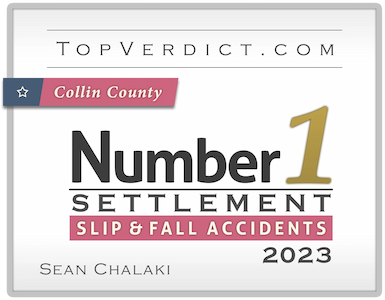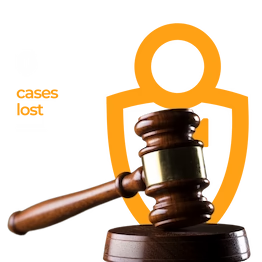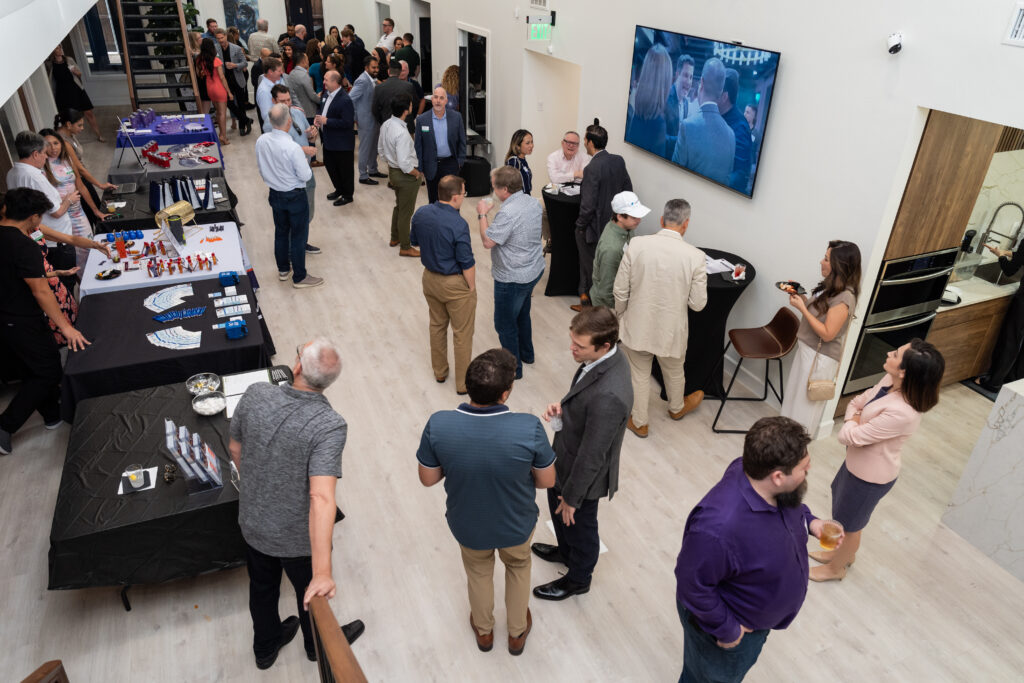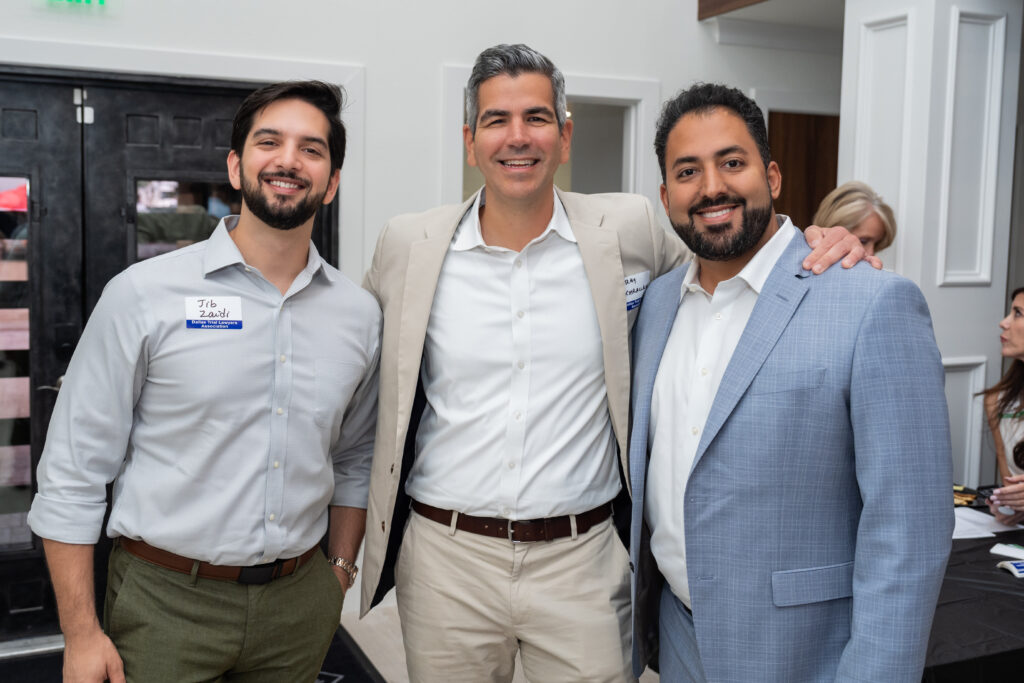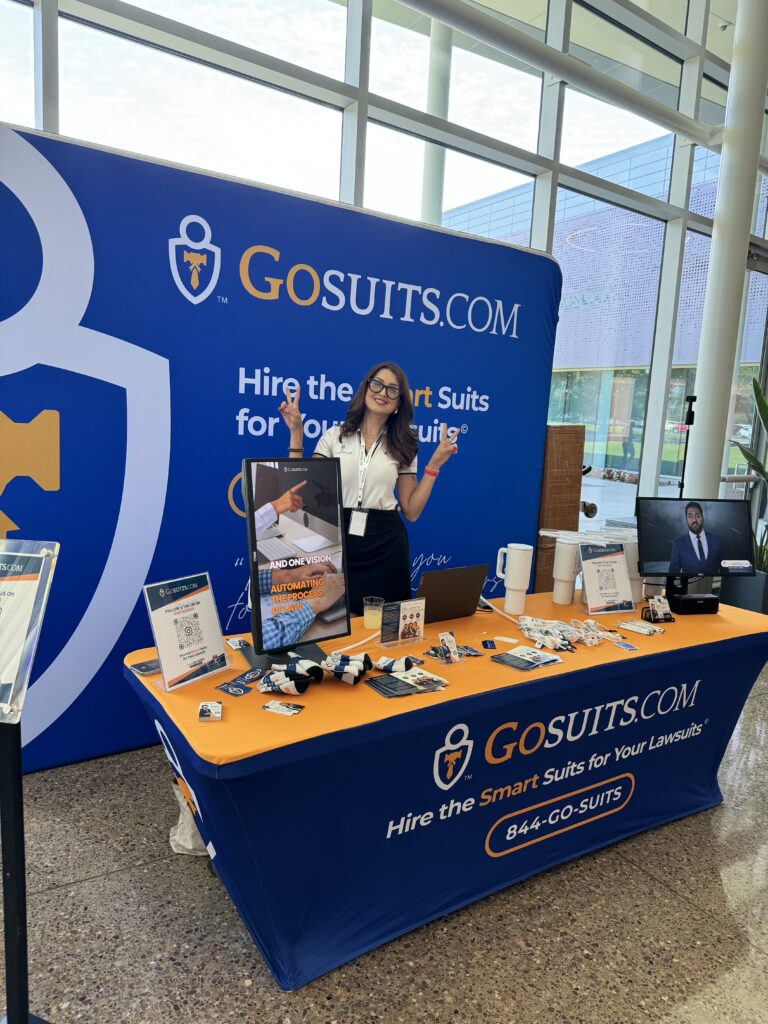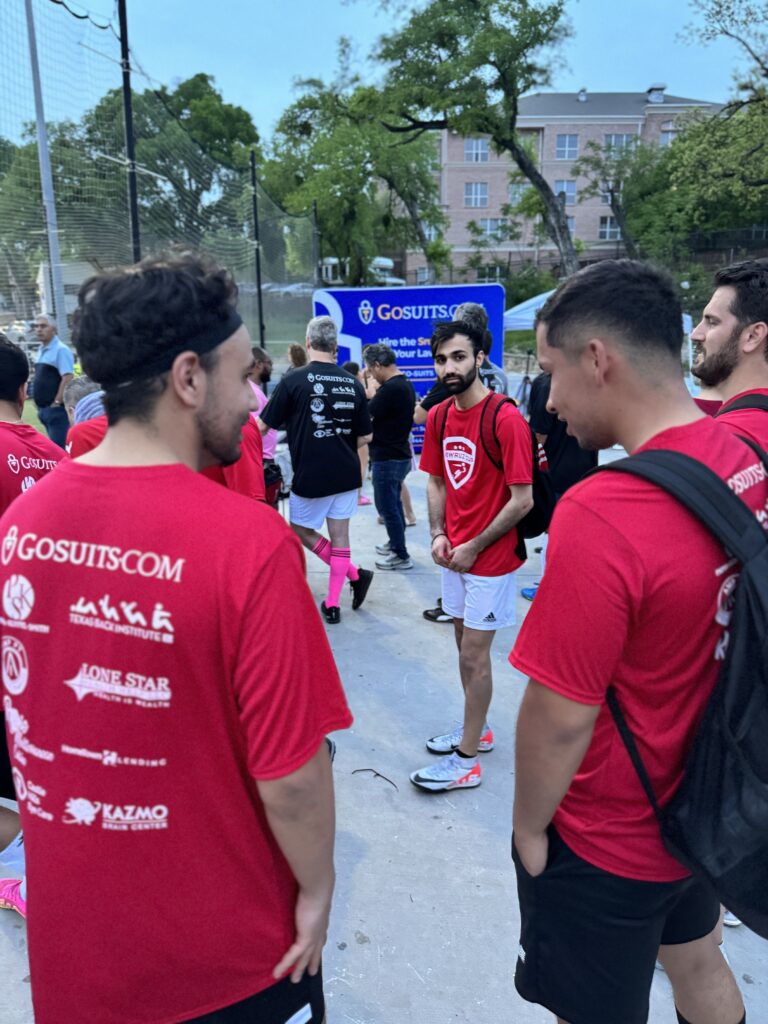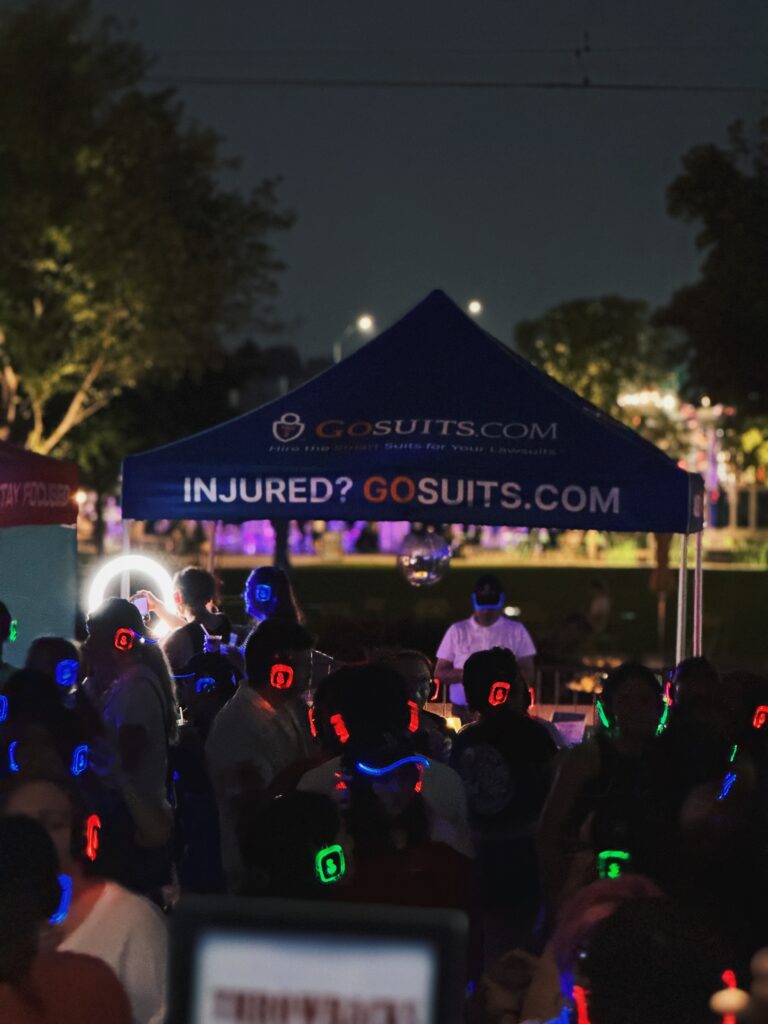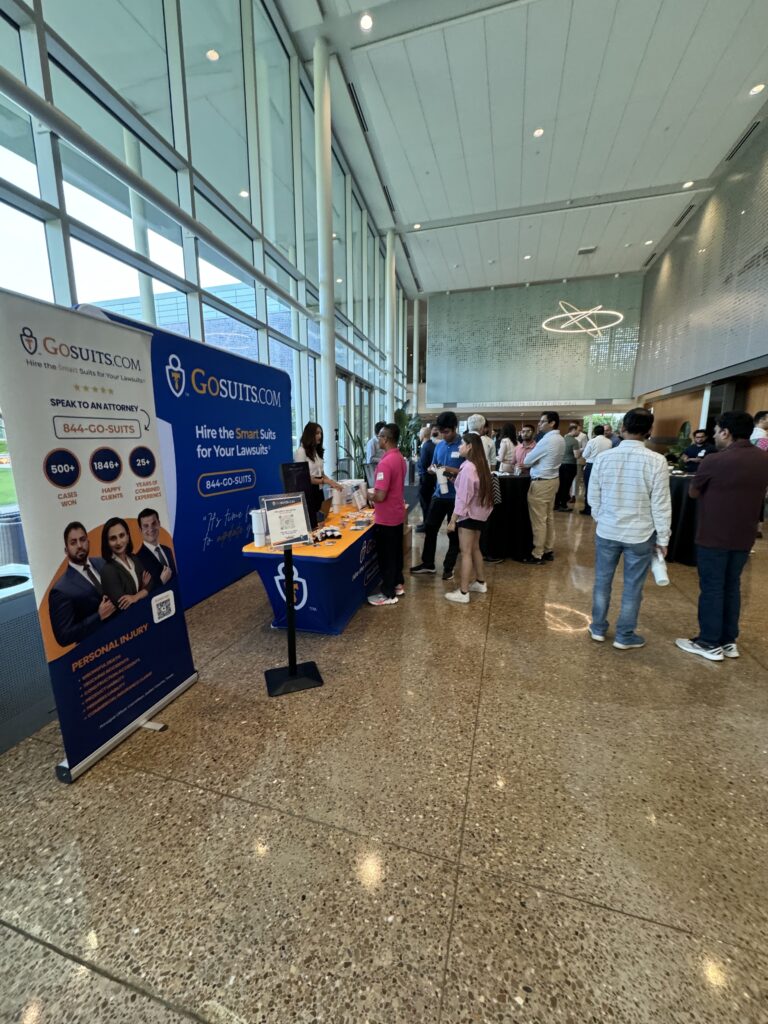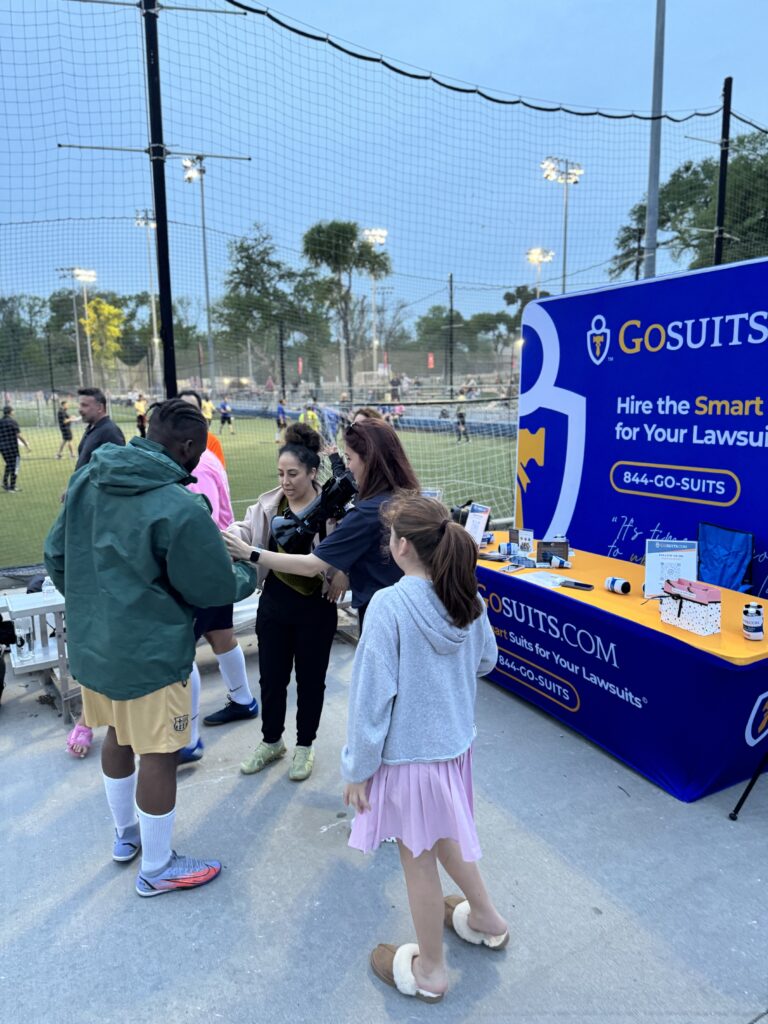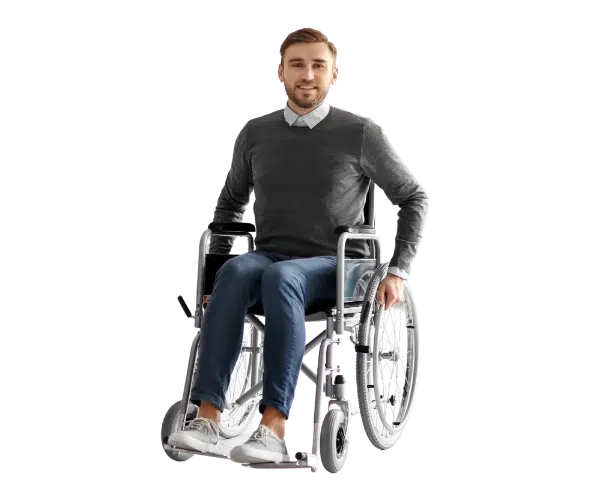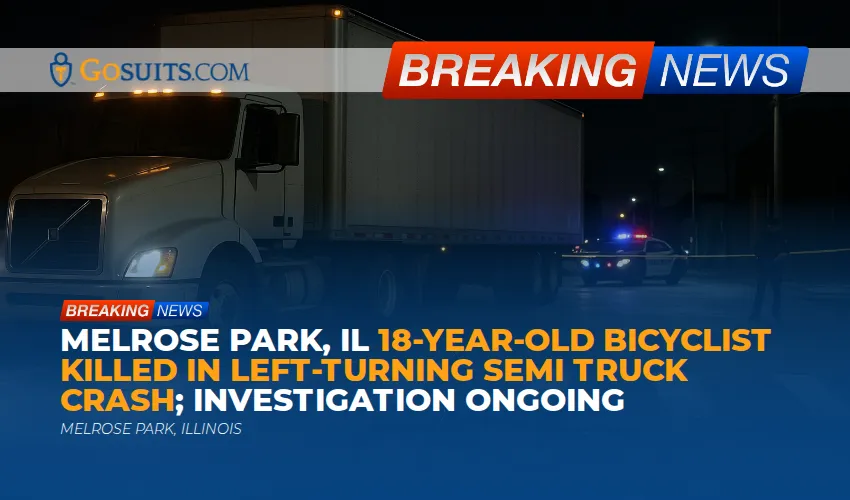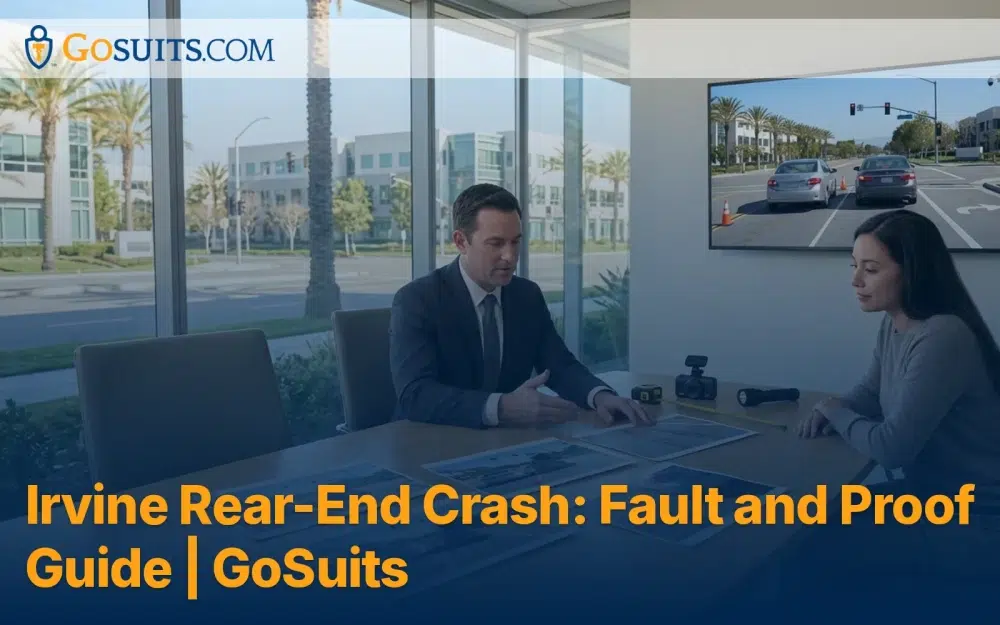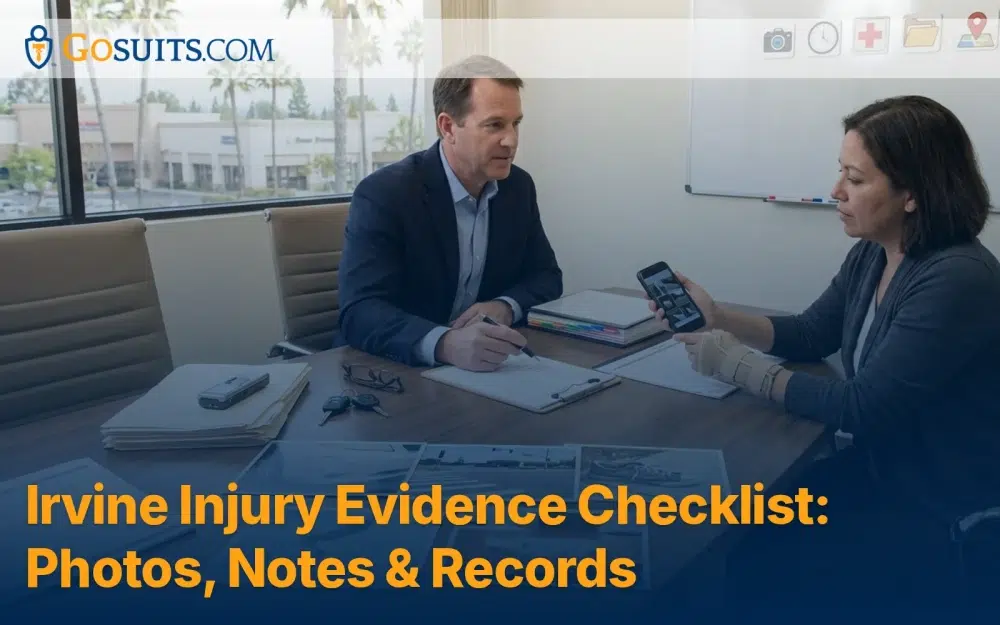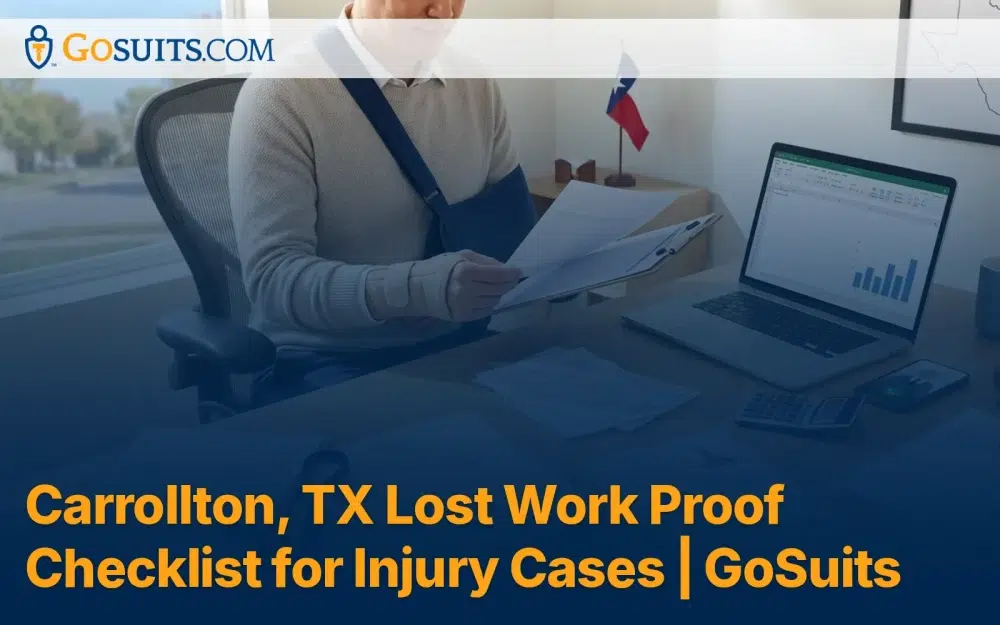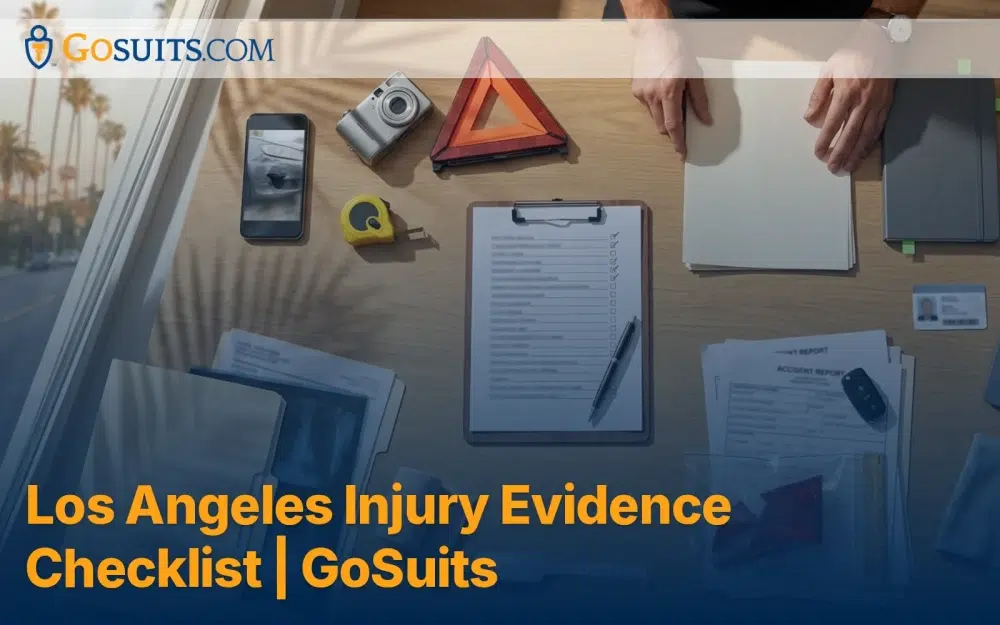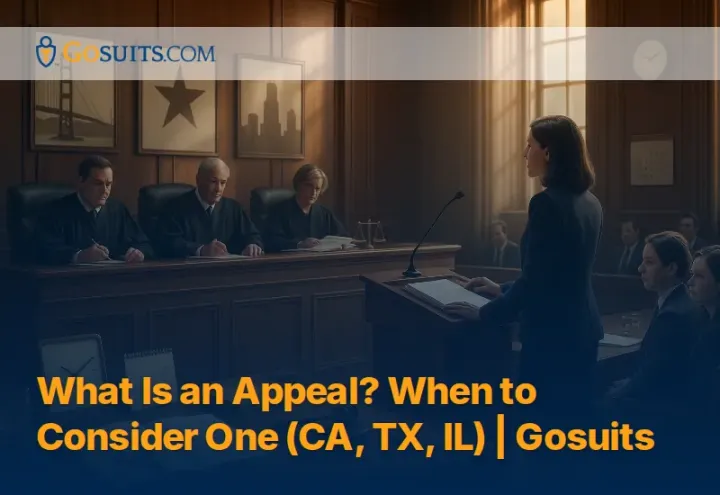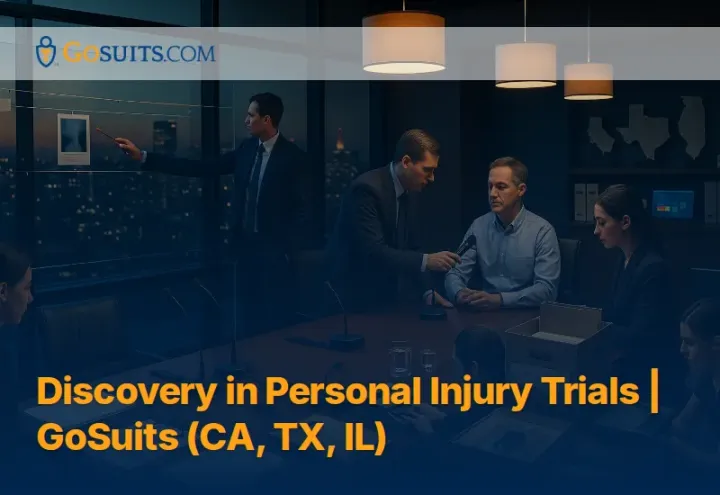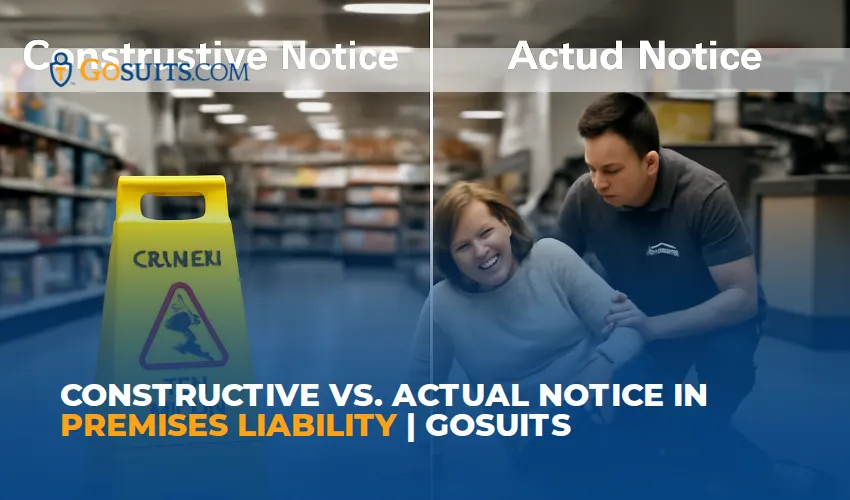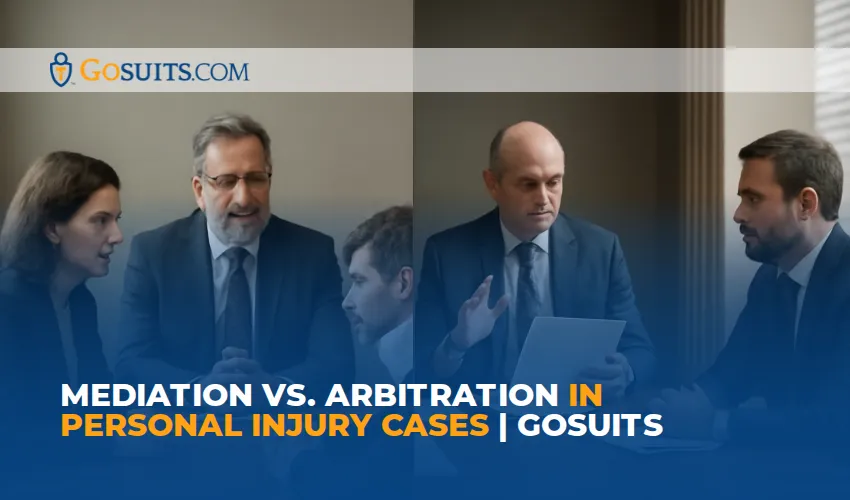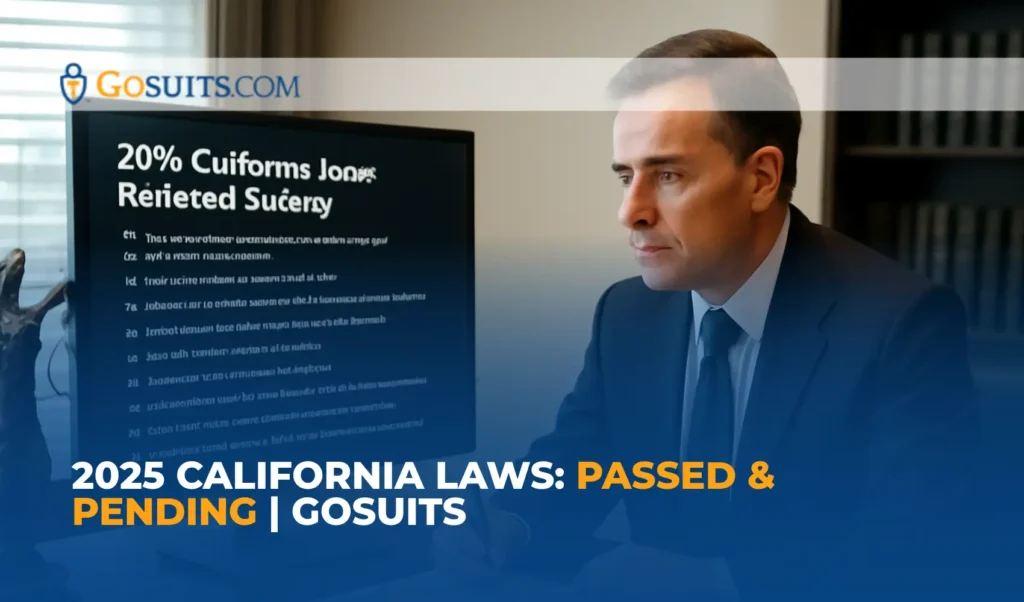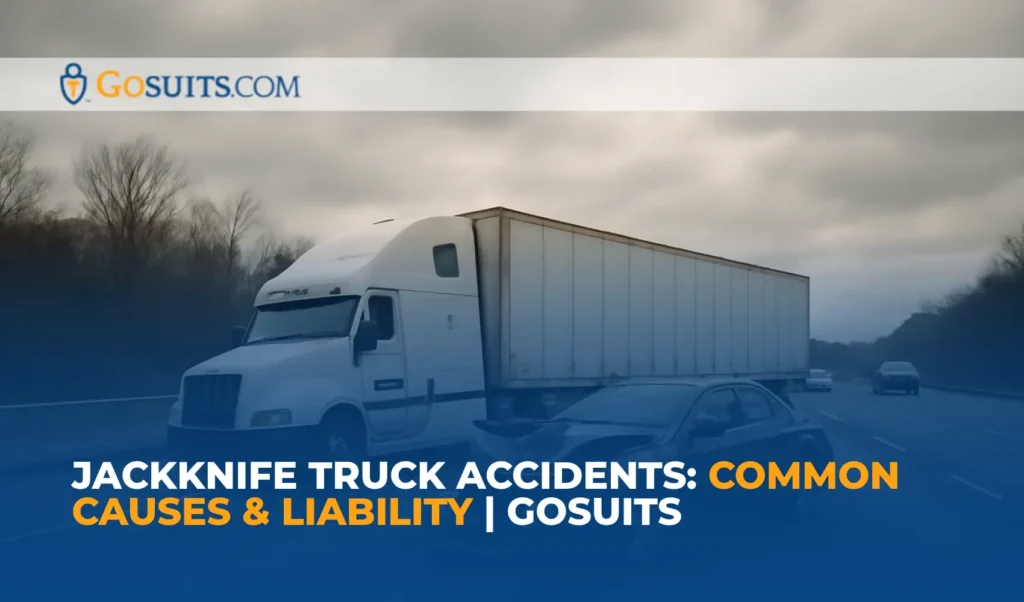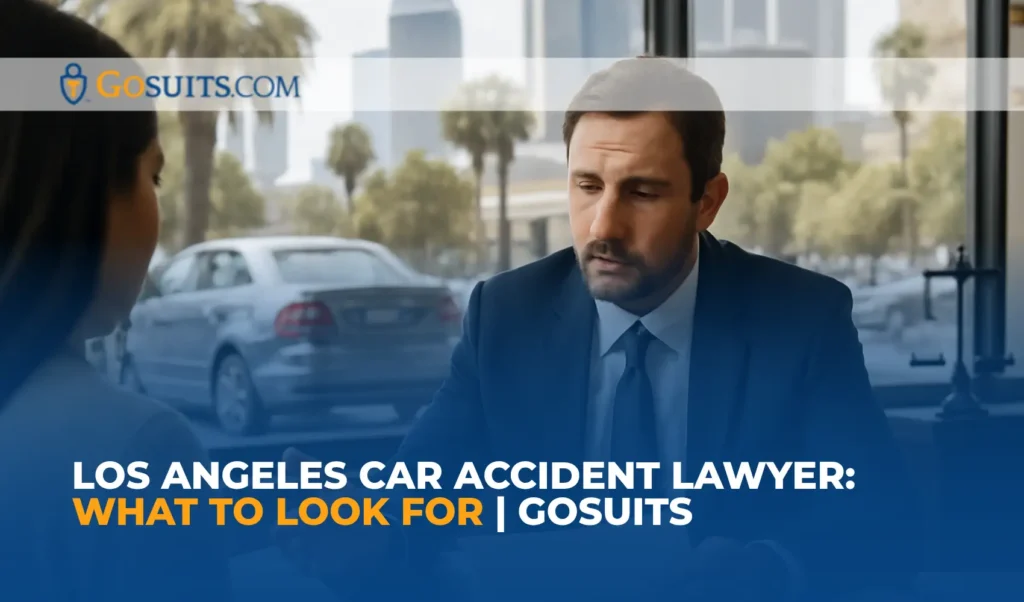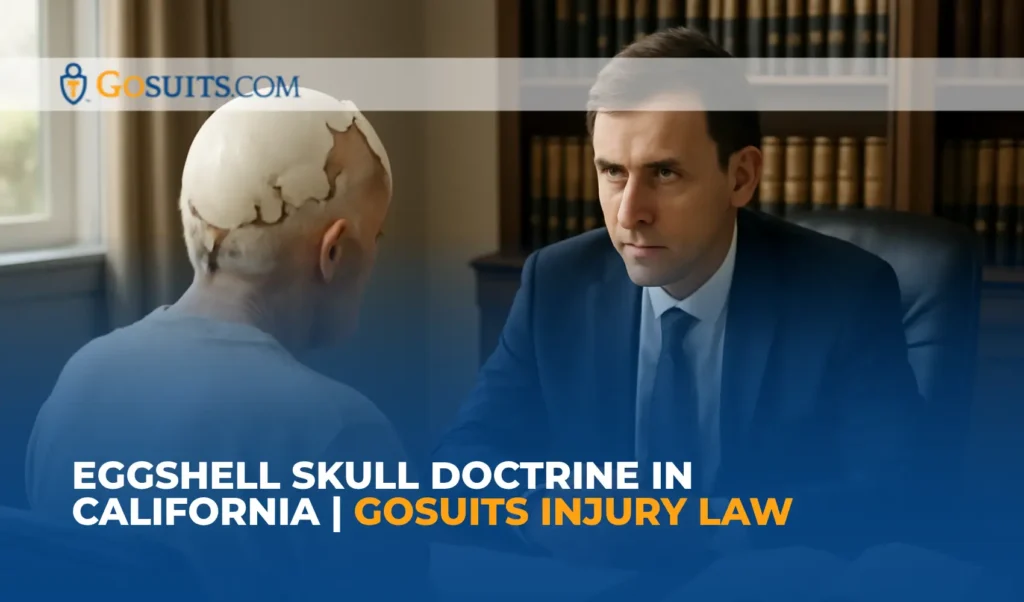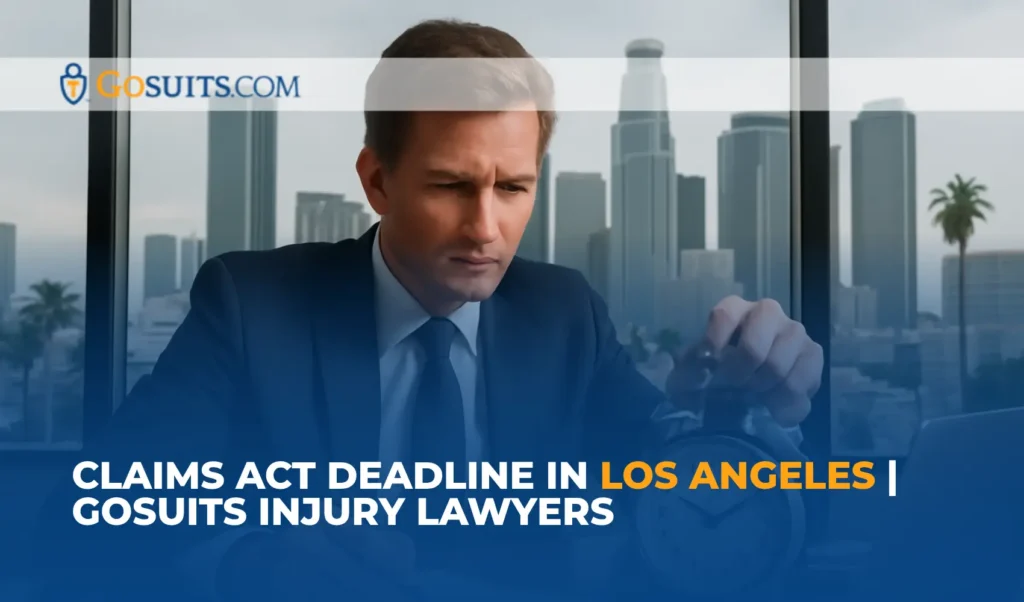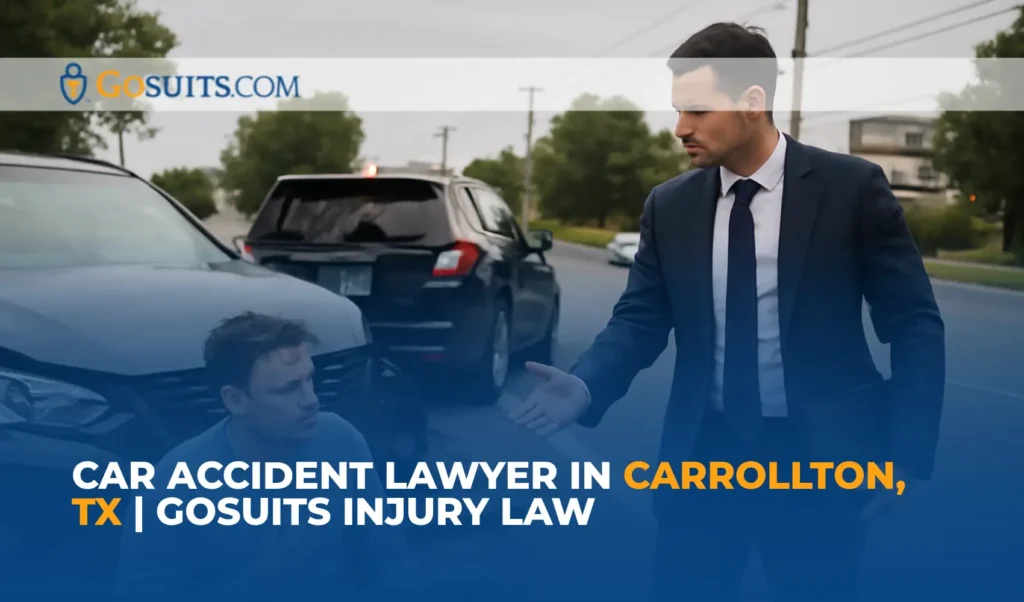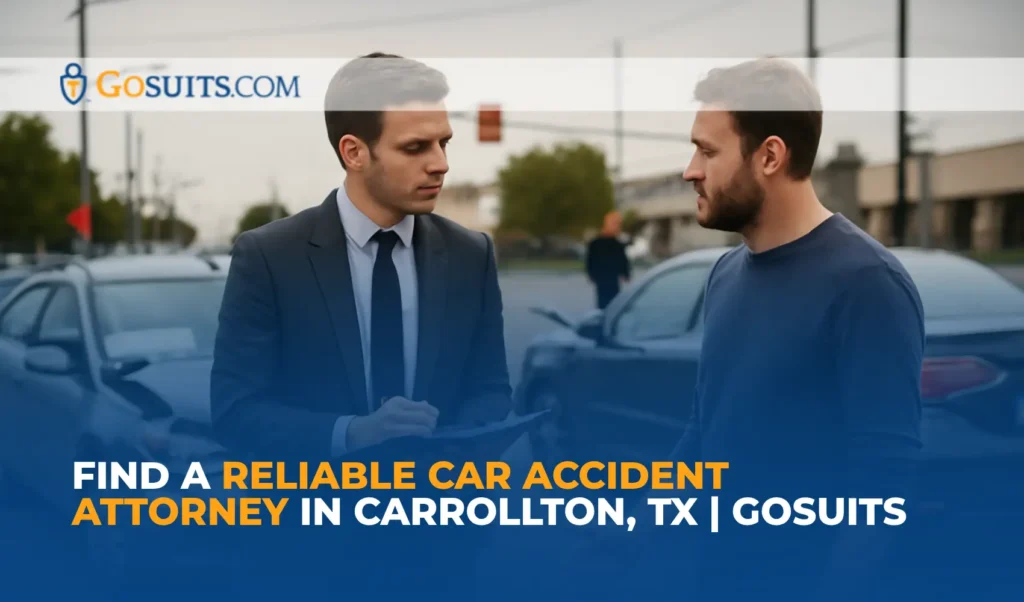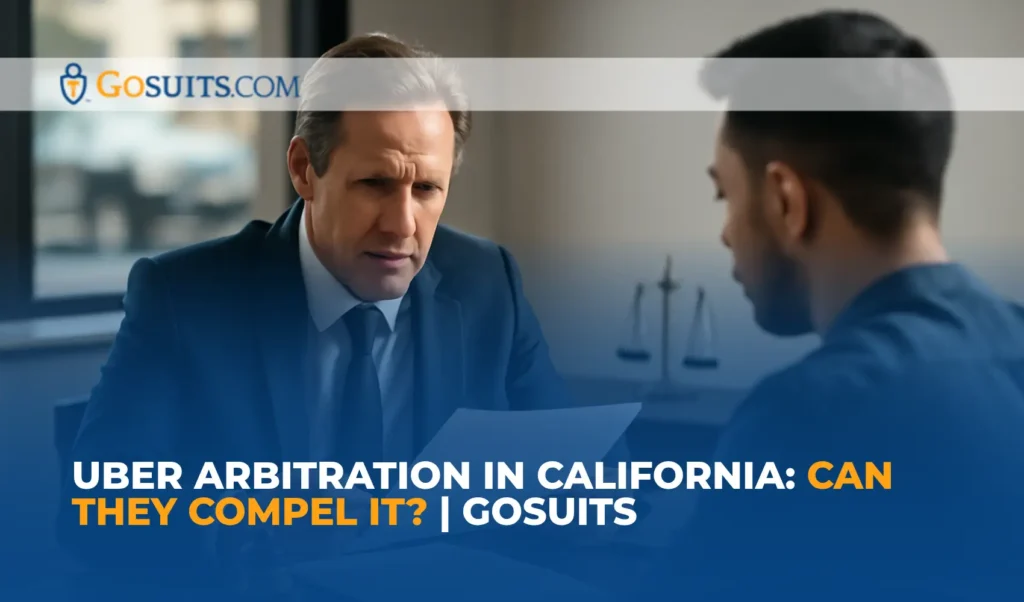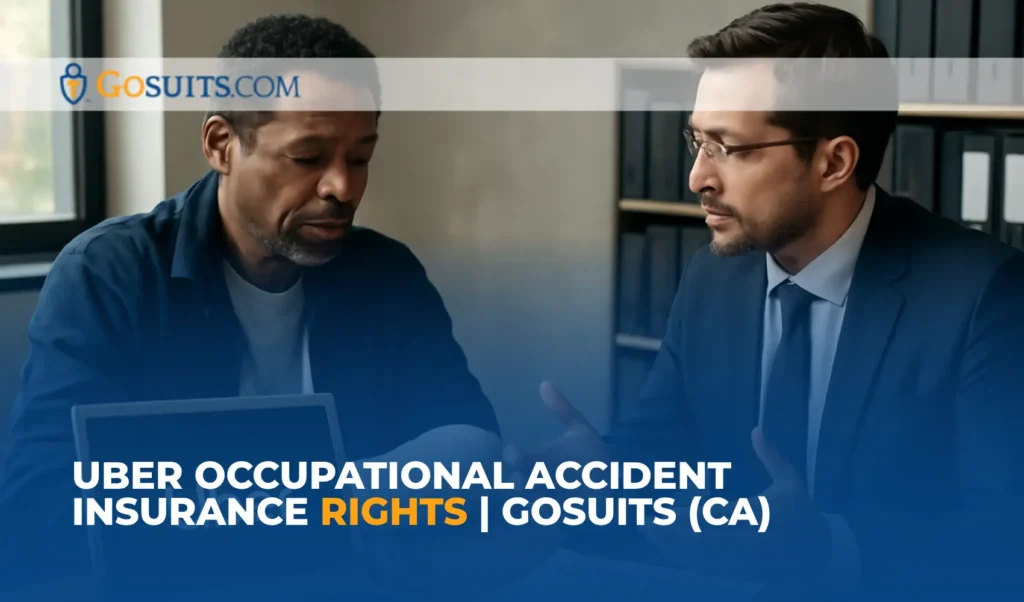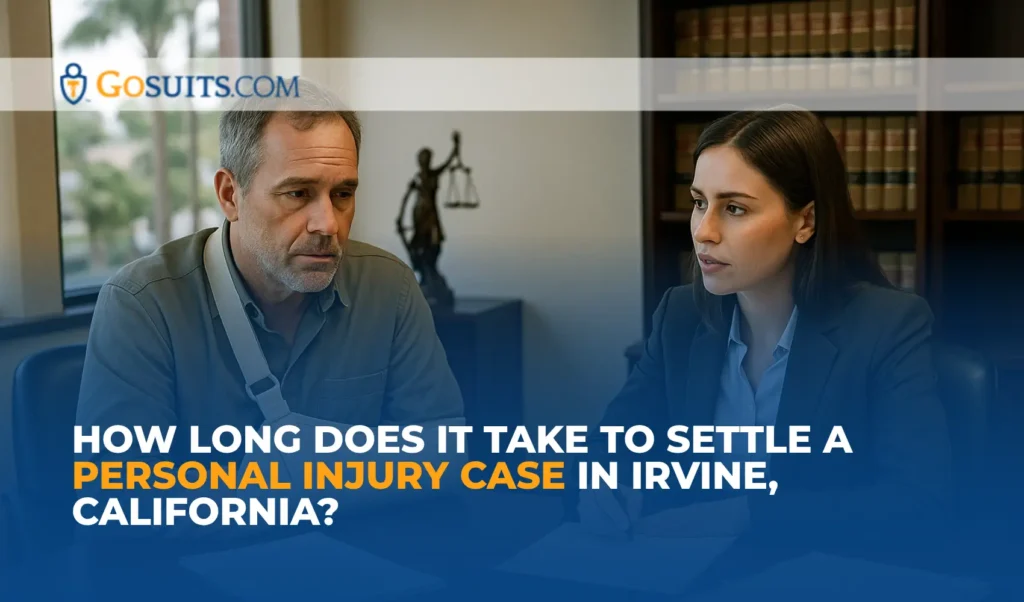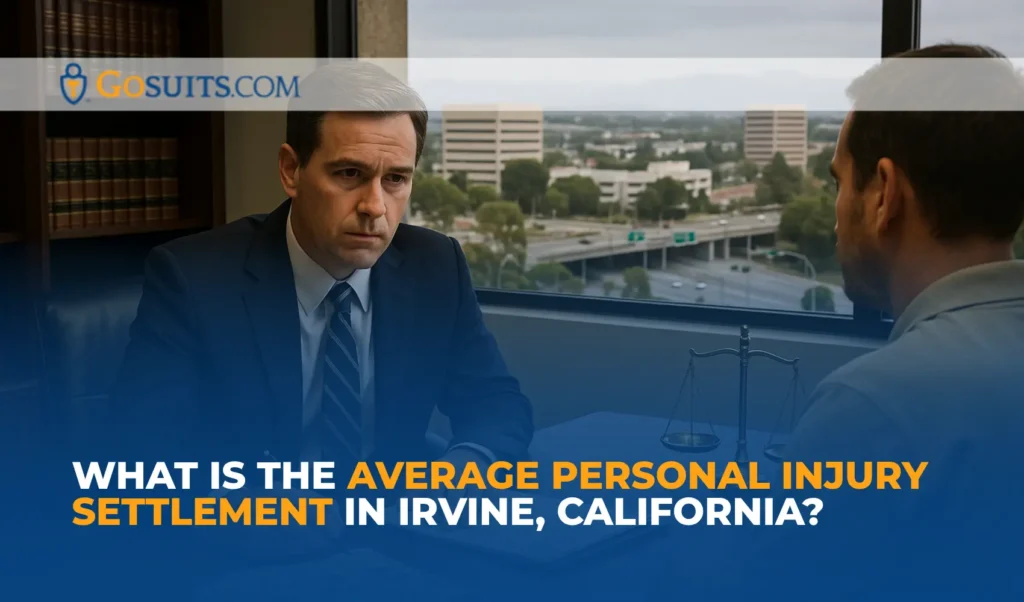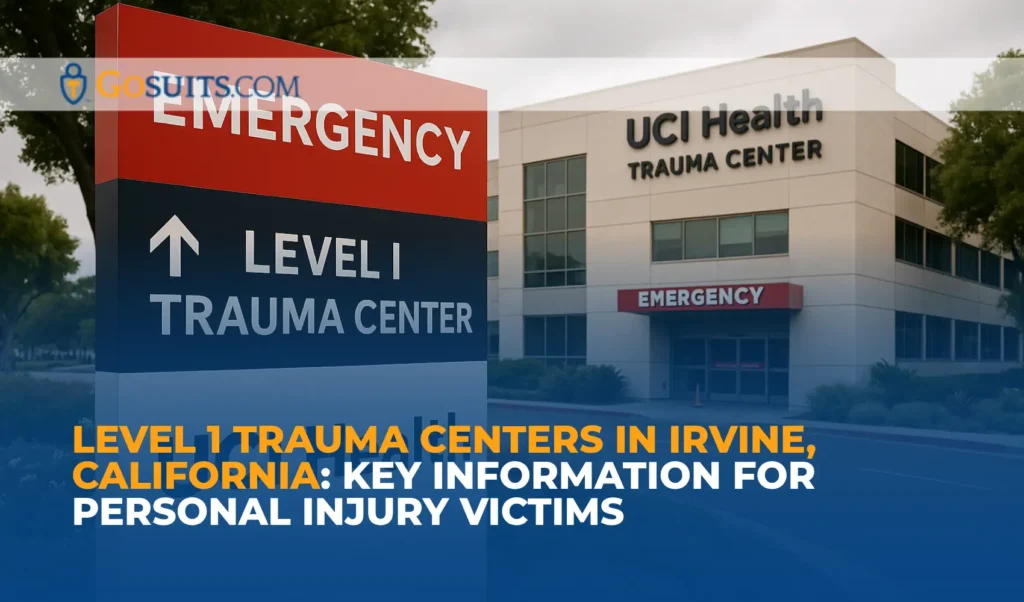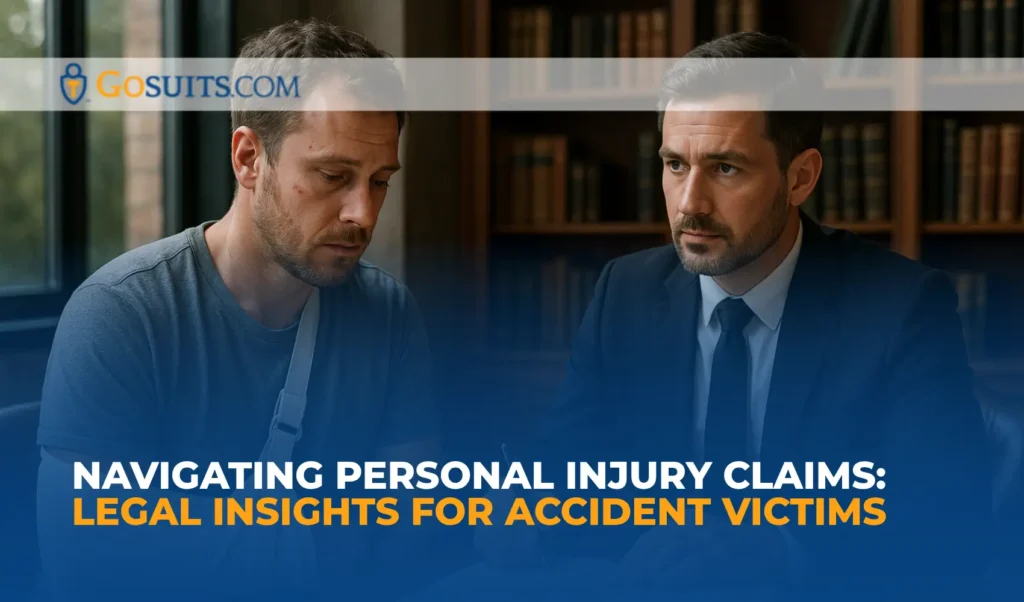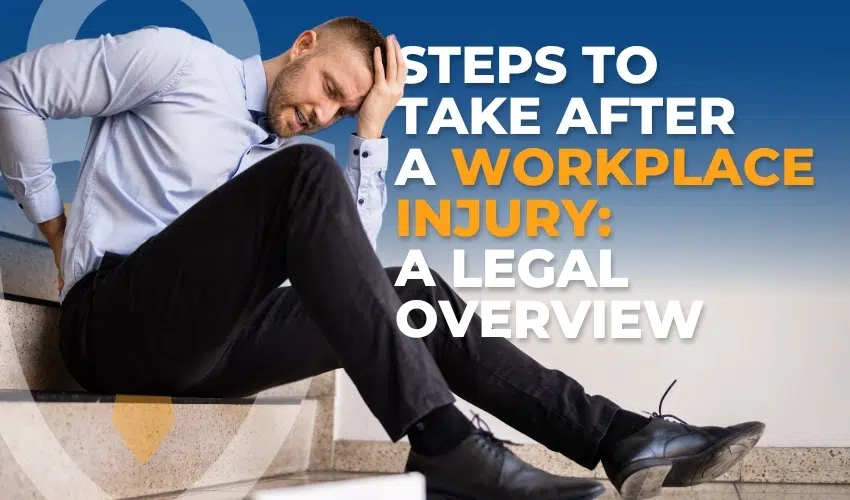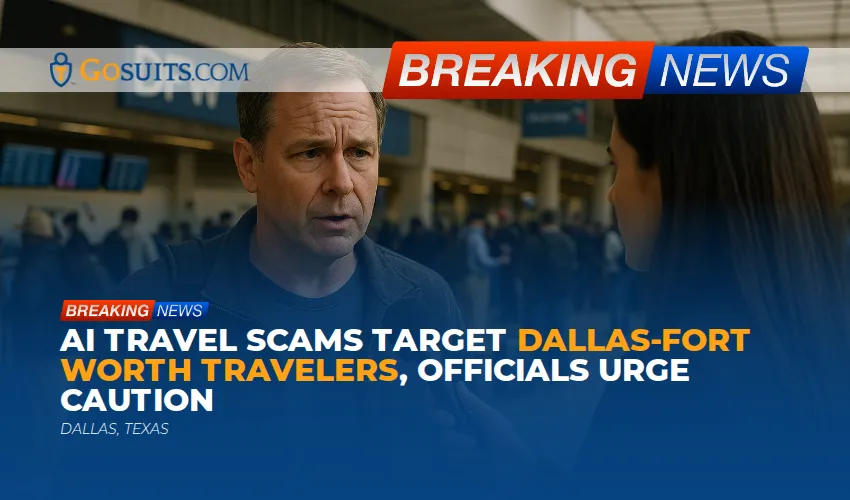
Illinois Work Injury Lawyers:
Protecting Your Rights After a Workplace Accident
Sometimes, a single moment at work can alter the course of a life. An unexpected accident, a sudden fall, or a malfunctioning machine can lead to injuries that carry lasting consequences—physically, emotionally, and financially. What begins as a typical workday can quickly turn into a struggle to cover medical bills, manage pain, and figure out how to support a family while facing uncertainty about the future.
If you or someone you love has suffered a serious injury while on the job in Illinois, it’s normal to feel overwhelmed. Knowing where to turn or how to protect your rights can seem daunting, but you don’t have to navigate this alone. Understanding your legal options is an important step in regaining control and focusing on what matters most—your health, your family, and your recovery.
When Workers’ Compensation Isn’t an Option
Some Illinois employers do not carry workers’ compensation insurance. These employers, known as non-subscribers, operate outside the traditional workers’ compensation system. If you were injured while working for a non-subscriber, you may have the right to file a personal injury lawsuit to pursue compensation. In these cases, it’s necessary to demonstrate that the employer’s negligence caused your injury. This may involve showing unsafe work conditions, inadequate training, lack of safety equipment, or failure to follow safety protocols.
While non-subscriber cases can be complex, they also provide an opportunity to seek a broader range of damages than what is typically available through workers’ compensation claims. However, pursuing these claims requires strong evidence and experienced legal representation.
Third-Party Liability in Work Injury Cases
Not all workplace injuries are solely the responsibility of the employer. Sometimes, third parties contribute to or directly cause accidents. For example, if a defective machine malfunctions and causes an injury, the manufacturer could be held responsible. If a subcontractor’s negligence leads to unsafe conditions, they may be liable for damages.
Third-party liability claims can be pursued alongside claims against non-subscriber employers, providing an additional route to seek compensation for damages such as medical expenses, lost wages, and other losses. Identifying liable third parties and building a strong case requires thorough investigation and legal guidance.
How Insurance Companies Handle Work Injury Claims
While insurers may present themselves as helpful, their primary responsibility is to protect their company’s financial interests—not to prioritize your well-being or recovery. This can lead to frustrating and unfair tactics designed to limit or deny the compensation you may be entitled to receive.
Insurance companies often have vast resources, experienced adjusters, and legal teams working to minimize payouts. Without the right support, injured workers may find themselves pressured into accepting settlements that fall short of covering their long-term medical needs, lost income, and other damages. Here are some common strategies insurance companies may use to reduce or deny claims:
- Disputing the Severity of Injuries: Adjusters may downplay the extent of an injury, claiming that it isn’t as serious as reported or that it doesn’t require long-term treatment.
- Questioning the Circumstances of the Accident: They may attempt to shift blame, suggesting that the injury was caused by your own negligence or occurred outside of work.
- Challenging Medical Treatment: Insurance companies may argue that certain medical treatments were unnecessary or unrelated to the workplace injury, leading to denied coverage for essential care.
- Delaying the Claims Process: Adjusters might stall the process in the hopes that financial pressure will force you to accept a lower settlement or abandon the claim altogether.
- Offering Low Settlements: Quick, lowball settlement offers are common. While these offers may seem appealing during a time of financial stress, they often fail to account for long-term medical expenses, lost wages, or future complications.
- Requesting Excessive Documentation: Some companies will overwhelm claimants with repeated requests for documentation, hoping to confuse or discourage them.
- Misinterpreting Statements: Adjusters may take statements out of context or misinterpret comments in a way that weakens your claim.
Navigating Illinois-Specific Legal Challenges
Illinois has specific legal considerations that can influence how work injury cases are handled. For instance, the state imposes strict deadlines for filing injury claims. An injured worker must notify their employer of an injury within 45 days to maintain eligibility for a claim. For personal injury lawsuits, such as those involving non-subscriber employers or third-party claims, the statute of limitations is typically two years from the date of the injury. Missing these deadlines can jeopardize an entire case.
Additionally, Illinois follows a modified comparative negligence rule. If you are found partially responsible for the accident, your compensation may be reduced by your percentage of fault. If you’re found to be more than 50% at fault, you may be barred from recovering damages. Insurance companies often use this rule to shift blame, which is why understanding how this standard applies is important.
Ready to Take the Next Step? Schedule Your Free Consultation Today!
When you’ve suffered a workplace injury, choosing the right legal partner is an important step. At Gosuits, we take pride in offering personalized legal support. You won’t be passed off to a case manager. Instead, you’ll work directly with one of our attorneys who will guide you through every step of the legal process. We understand the financial challenges that can follow a serious injury. That’s why we work on a contingency fee basis—you don’t pay us unless we secure compensation for you. We invest in your case, covering litigation costs and dedicating our resources to your legal representation. If we don’t win, you owe us nothing.
We also utilize advanced technology to streamline our cases. This includes proprietary software that enhances case efficiency and ensures that clients have direct access to their attorneys and case information at all times. We are available 24/7 to answer your questions and offer guidance. When you’re ready to take the first step, we’re here for you. Contact us today to schedule your free consultation. Let’s discuss your case, explore your options, and start building a path toward recovery and resolution.





